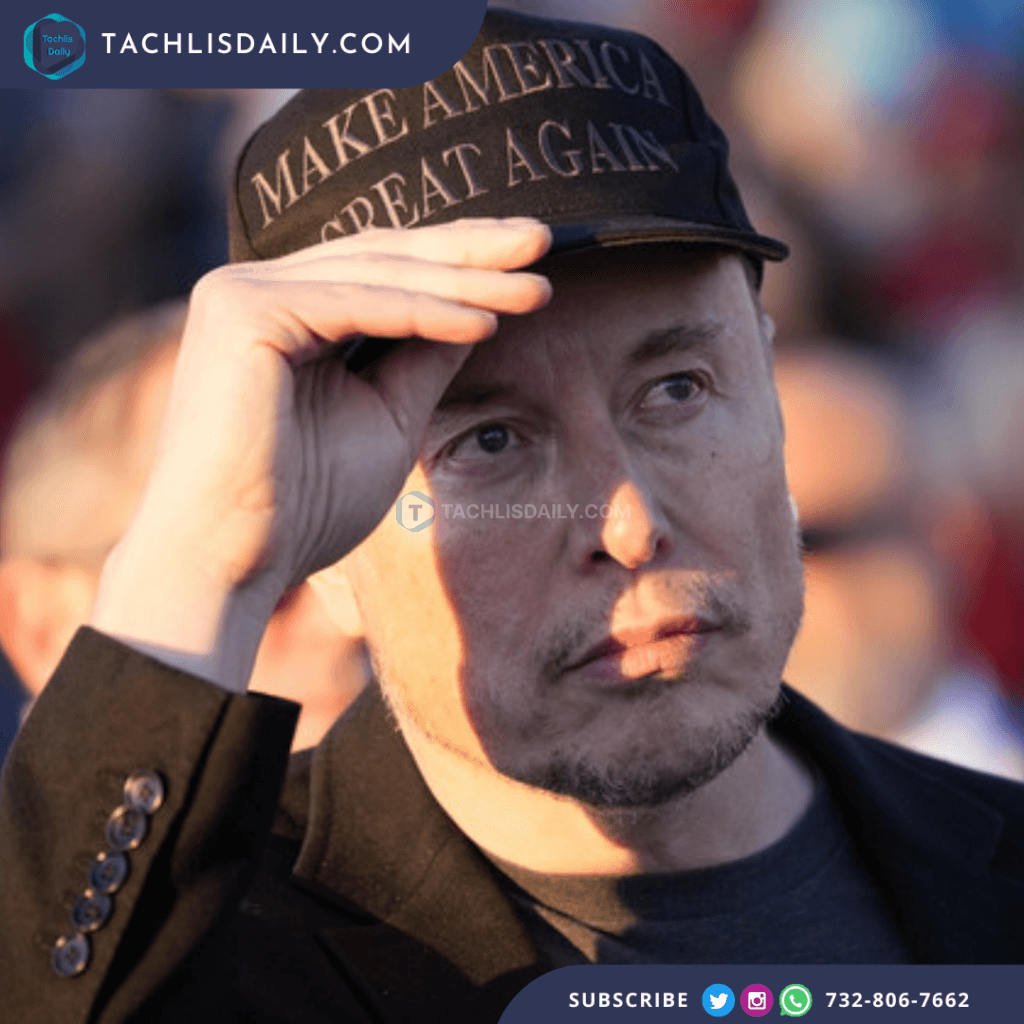The once-close alliance between President Donald Trump and tech billionaire Elon Musk has erupted into open conflict, sparked by a dispute over the administration’s sweeping new tax reform bill. Musk has strongly criticized the legislation, particularly its removal of electric vehicle tax credits, while Trump suggested the Tesla CEO’s opposition stems from personal grievances, including the administration’s decision to reject Musk’s preferred candidate to lead NASA.
Speaking at the White House, President Trump expressed frustration, saying, “I’ve done a lot for Elon,” and lamented that their strong relationship may be ending. He accused Musk of being driven by the loss of lucrative EV subsidies and his disappointment over the withdrawal of Jared Isaacman, a fellow tech billionaire, from consideration to run NASA. “We don’t need to appoint a Democrat,” Trump added, referring to Isaacman’s political leanings.
Musk, for his part, fired back on his social media platform X, dismissing Trump’s claims and asserting his own importance to the president’s political success. “Without me, Trump would have lost the election,” Musk posted, also accusing the bill of preserving oil and gas subsidies while stripping clean energy incentives. He labeled the legislation a “disgusting abomination” and launched a public poll asking whether it was time to form a new political party to represent centrist Americans.
The growing feud rattled markets, sending Tesla’s stock down more than 8%. Musk, who was the top financial backer of Trump’s 2024 campaign with more than $250 million in support, hinted that the administration’s fiscal priorities are misguided and bloated with waste. Trump defended the bill as “One, Big, Beautiful,” and denied that the EV subsidy cuts were unexpected. “Elon knew this from the beginning,” he insisted.
Trump also criticized what he described as a recurring pattern among former allies turning hostile. “People leave my administration and miss it so badly they become bitter,” he said. He referenced what he called “Trump derangement syndrome,” saying the criticism from Musk reflects the same dynamic. He suggested that federal contracts with Musk’s companies, including Tesla and SpaceX, could be reconsidered moving forward.












